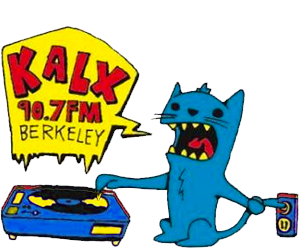Review by Walker Price, photos by Sophia … [Read more...] about Going to August Hall: The Mountain Goats on October 6th
Interview with Jalen Ngnoda
Maryland born // London based musician, … [Read more...] about Interview with Jalen Ngnoda
Interview with GUM
Join Mr. Green Genes on Friday, October … [Read more...] about Interview with GUM
Interview with Veronica Swift
On Wednesday, October 11th @ 2pm, Excuse … [Read more...] about Interview with Veronica Swift
The Boars on KALX Live!
Tune into KALX LIve! on Saturday October … [Read more...] about The Boars on KALX Live!
Interview with No-No Boy
Join Velvet Einstein on Thursday, … [Read more...] about Interview with No-No Boy

